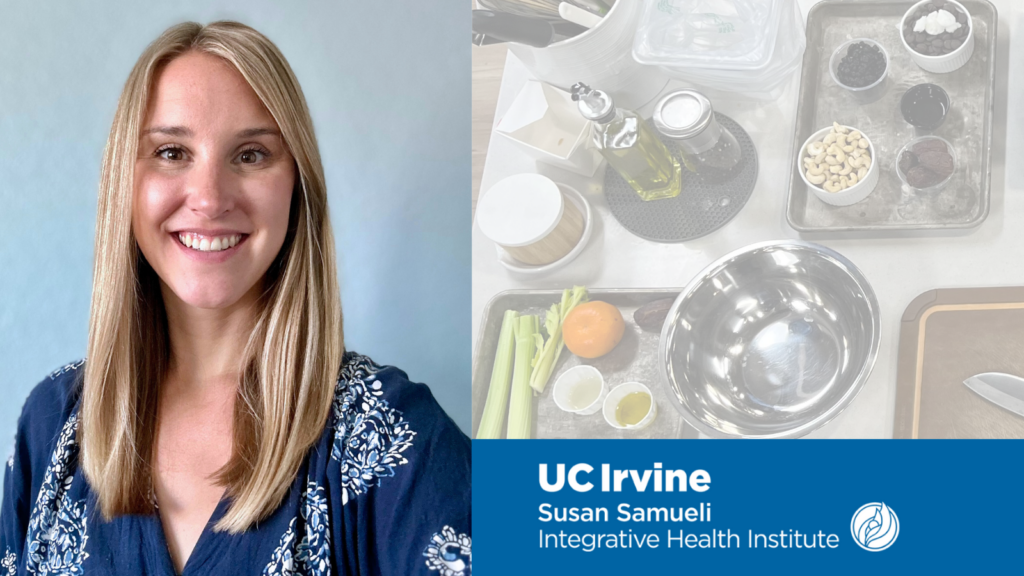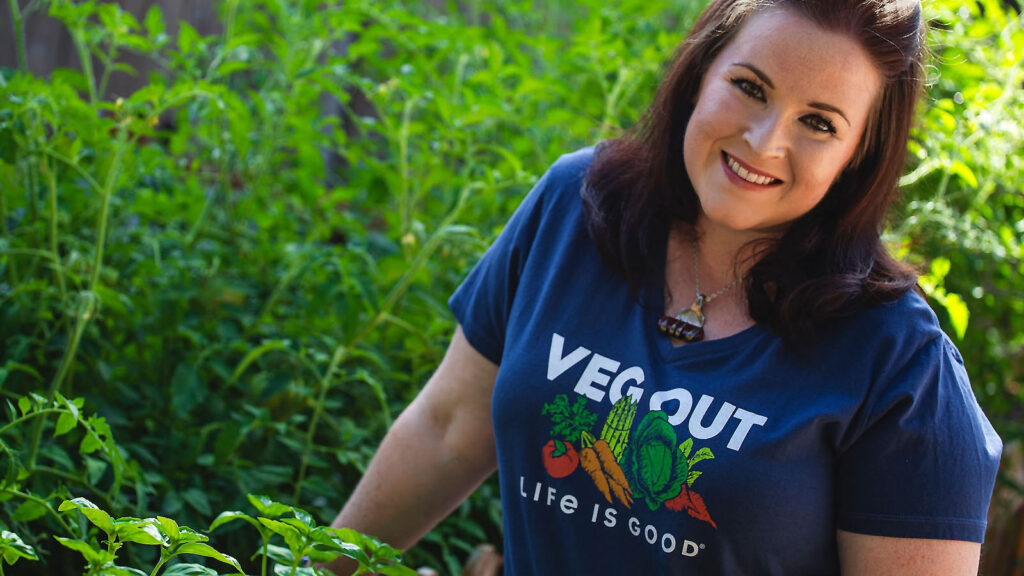IN-PERSON OR ONLINE
Master of Science in Nutrition (MScN) Program
At NUNM, food is medicine.
Whether in-person or online, you can embark on an exciting journey to become a skilled, whole foods-focused nutritionist with our innovative Master of Science in Nutrition (MScN) program at the National University of Natural Medicine (NUNM) in Portland, Oregon.

In-Person or Online

Program Length:
2-3 Years

Total Credits:
70

Per Credit Cost:
$538
Curriculum
View the full course catalog
Prerequisites
How to be prepared
Application Requirements
See what you need to apply
Tuition & Fees
Understand the estimated costs
Financial Aid
Achieve your goals
Scholarships
We’re here to help
Choose Your Path: Clinical or Culinary Nutrition
Our Master of Science in Nutrition program offers two distinct curriculum concentrations, allowing students to tailor their education to their professional goals and personal interests within the dynamic field of nutrition.
Preparing You for a Future in Nutrition
Alumni Outcomes
HEALTH COACH & EDUCATOR

Sarah Meier ’22
Seing lifestyle and food choices merge to promote lifelong positive health.
CLINICAL NUTRITIONIST

Jamie Menzel ’23
A practice aiming to improve mental health through nutrition.
Frequently Asked Questions
While Registered Dietitians (RD®) remain the more widely recognized nutrition professionals, the Certified Nutrition Specialist (CNS®) credential is rapidly gaining recognition as the gold standard for advanced, science-based clinical nutrition.
Both credentials are accredited by the National Commission for Certifying Agencies (NCCA), but they differ significantly in scope, education, and clinical focus. The CNS is a rigorous, graduate-level credential that requires a master’s or doctoral degree in nutrition or a related field, 1,000 hours of supervised clinical experience, and passing a comprehensive exam by the Board for Certification of Nutrition Specialists (BCNS).
The RD credential requires a bachelor’s degree in dietetics and focuses more on food service systems, nutrition education, and clinical nutrition per guidelines from the Academy of Nutrition and Dietetics (AND).
RDs seeking to deepen their clinical scope often pursue the CNS credential. As healthcare shifts toward prevention and personalization, CNS practitioners are well-positioned to lead.
The Master of Science in Nutrition – Clinical concentration is an ACNPE-accredited program. As such, graduates meet the robust educational (degree and coursework) eligibility requirements for the CNS credential offered by BCNS. Note: Not available for the Culinary concentration.
- Advanced Clinical Credential
Rigorous training in nutrition science and clinical practice, including a graduate degree, supervised hours, and a board exam. - Expanded Scope of Practice
Licensure in many states to provide Medical Nutrition Therapy (MNT), placing CNSs alongside RDs in clinical authority. Learn more about Licensure. - Credential Backed by Science
Overseen by BCNS and ANA, the CNS emphasizes evidence-based, systems-oriented nutrition. - Professional Credibility
Enhances trust, opens insurance credentialing opportunities, and increases healthcare referrals. - Licensure Across States
Recognized in many U.S. states, paving the way for broader insurance and clinical roles. Learn more about Licensure. - Practice Flexibility
CNSs work in private practice, integrative clinics, academia, research, and policy. - Ongoing Support
ANA membership offers continuing education, advocacy, and a professional network.
Yes, the program provides in-depth coverage of dietary approaches including vegan, vegetarian, paleo, ketogenic, Mediterranean, and intermittent fasting. Students examine the science, benefits, limitations, and cultural considerations of each.
The curriculum is grounded in individualized, evidence-based practice. Students learn to assess and tailor dietary strategies based on personal health, preferences, and cultural factors—rather than promote a one-size-fits-all approach.
Whole-food, minimally processed nutrition strategies are emphasized throughout the program. Graduates can translate current research into practical, patient-centered guidance.




